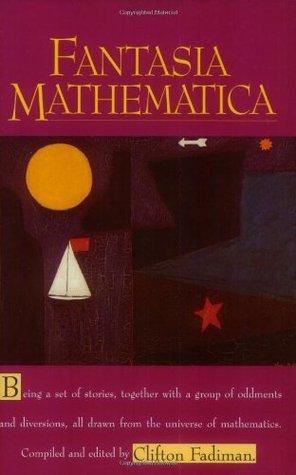What do you think?
Rate this book


309 pages, Paperback
First published January 1, 1958
The King sits in Dunfermline townAnd so on, dramatizing Sir Patrick Spens' inscription of an equilateral triangle within two overlapping identical circles. It is perfect.
Drinking the blude-red wine:
"O wha will rear me an equilateral triangle
Upon a given straight line?